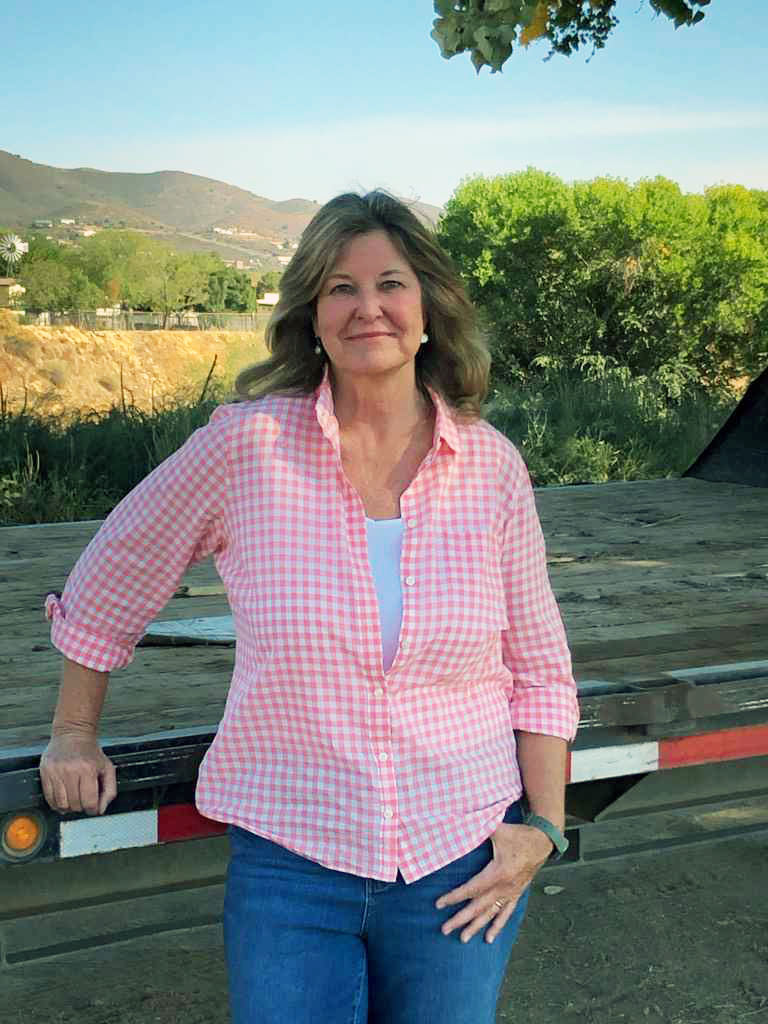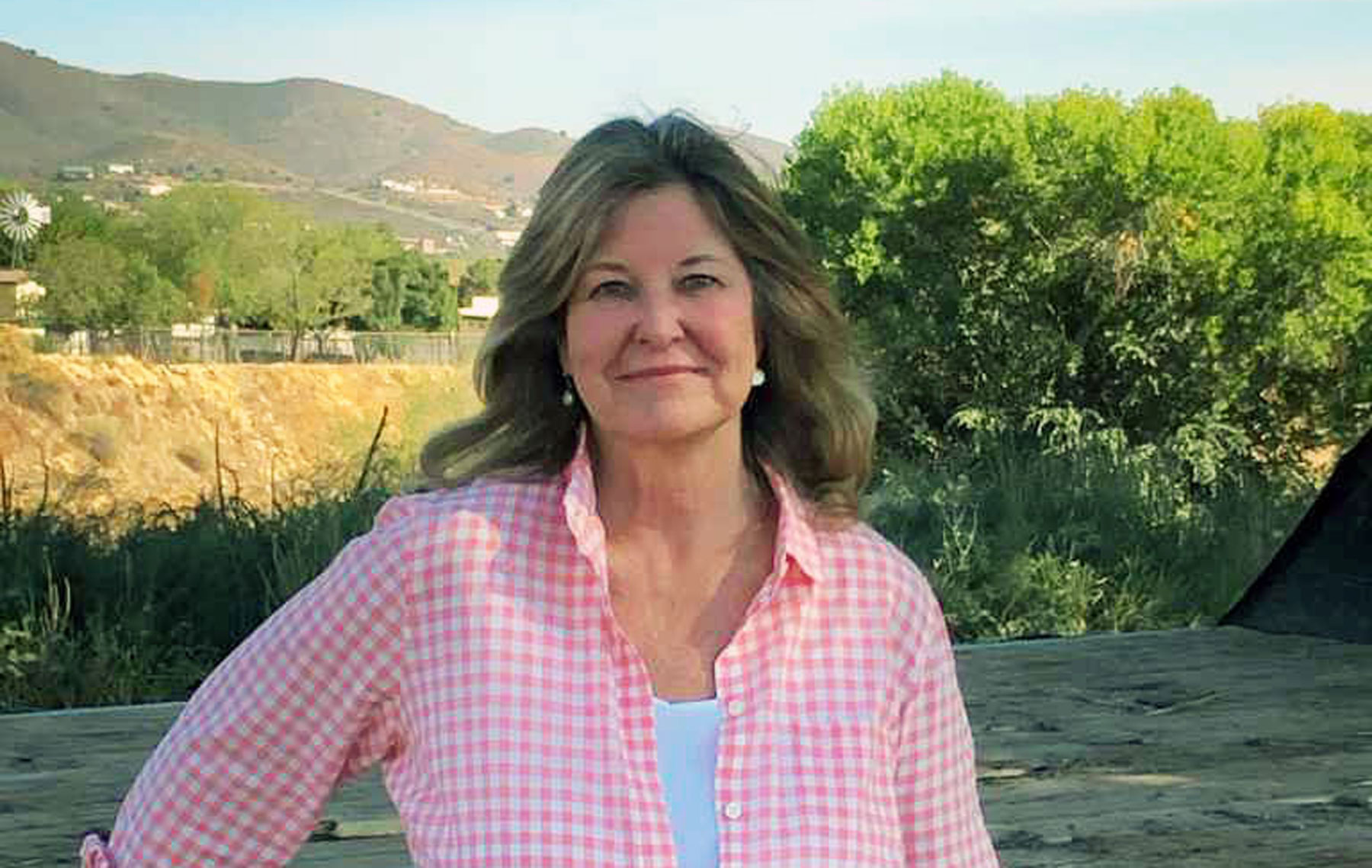When Congress passed the 2018 Farm Bill, it included provisions tailored specifically to help Western farmers, ranchers, tribes—and for the first time, irrigation districts—transition to water-efficient practices. The new programs help meet several important needs for farmers, irrigators, and the environment. Unfortunately, many potential applicants are too busy handling the day-to-day challenges of their farming operations to learn about the funding and other assistance.
That’s where Kim Mitchell, Western Resource Advocates’ Arizona-based senior water policy advisor, comes in.

Mitchell is a native Arizonan and hydrologist who has worked to solve some of Arizona’s biggest water challenges. She knows how important water efficiency is to revitalize the Colorado River and benefit farmers struggling with more frequent drought brought on by climate change. She saw that by connecting farmers and irrigators with the Farm Bill’s new funding and programs, she could help growers and advance WRA’s goal of keeping more water in the river.
Mitchell assembled a fact sheet about the Farm Bill programs and started reaching out to state agriculture officials, decision makers, irrigation districts, producers, and Arizona’s tribal communities.
“One of my main goals was to be Arizona-centric so it was relevant to growers here,” Mitchell said. “I got very positive feedback because they felt there was a real gap between what this Farm Bill was providing to growers, the projects the producers would be interested in, and the information they were getting.”
The COVID-19 pandemic hit just as Mitchell was starting her outreach, so she moved some of her meetings to Zoom. Still, she’s been able to have a few—socially distant—field visits to learn more about how to help growers connect the resources in the legislation with their everyday challenges.
For example, she visited an Indigenous community interested in improving water conservation by transitioning from flood furrow irrigation to sprinklers or drip and adding other infrastructure improvements.
Mitchell is talking to other growers who are considering changing cropping patterns or transitioning to less water-intensive crops—like substituting cotton or alfalfa with wheat that uses about one-third less water. This can be unaffordable because such lower-value crops often bring in less income. The Farm Bill provides financial incentives, but growers have to know about the programs to take advantage of them. That’s one reason Mitchell’s outreach is so valuable.
“I’m acting as a liaison between the farmers and the U.S. Department of Agriculture staff so we can help growers put these new projects into action,” she said. “I’m hoping to collect positive stories and feedback for congressional staff so we can ensure these programs continue to keep farmers in business, improve Arizona’s water management, and ultimately help the Colorado River.”









